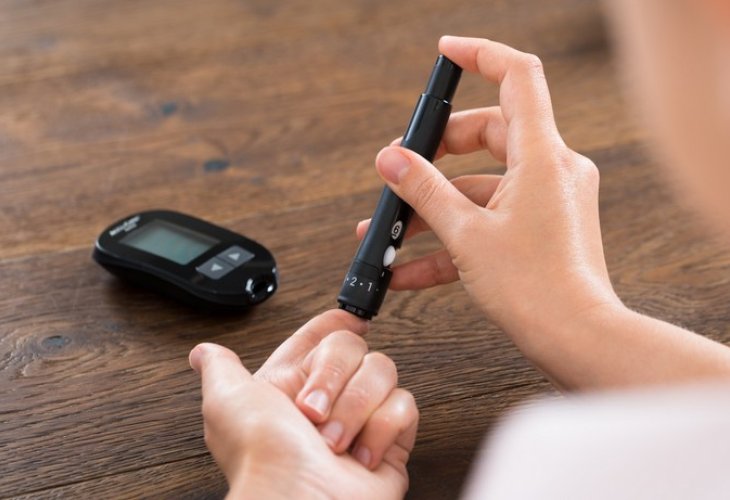On the Tip of the Needle: 8 Points You (Might) Not Know About Type 2 Diabetes
In Israel, 400,000 individuals are diagnosed with Type 2 diabetes each year. What is Type 2 diabetes, what are its symptoms, how can one detect it, and how can it be managed? Find answers to these on the tip of the needle inside the article.

1. Type 2 diabetes results from factors not directly related to the body's insulin production. The pancreas does not stop producing insulin (which helps balance blood glucose levels, among other functions), but something goes awry in the body, and it fails to use it (sometimes because the insulin is 'defective'). When there isn't enough insulin in the body, sugar drains into our extracellular fluids instead of reaching the cells and helping generate the energy needed for their function.
2. The main symptoms of diabetes include the following: increased thirst, general weakness, weight loss or lack of appetite, dehydration, and frequent urination. Additional symptoms can vary from person to person, such as infections and fungi, mouth ulcers, and more.
3. Type 2 diabetes usually appears in middle age or later in life and may develop slowly over many years without being diagnosed in regular tests. Most diagnoses occur in the fifth decade of life.
5. One of the conditions that occur due to diabetes, but may not always be immediately discovered, is what is medically known as diabetic retinopathy. This refers to the phenomenon of blood vessels expanding in the eye's retina area and leaking fluids into its tissue. In such a case, the retina will react in one of two ways:
It may develop edema, which harms normal function and even causes decreased vision quality, or the blood vessels within it may grow disproportionately, leading to bleeding and even partial or complete vision loss.
6. Diabetes is a widespread disease, and in Israel alone, about 400,000 diabetes cases are diagnosed each year.
7. In many cases, Type 2 diabetes is caused by overweight. Doctors will then recommend a significant dietary change, an appropriate diet, and a strict healthy lifestyle. Stress, fear, or chronic anxiety may also cause it, although the likelihood is lower.
8. As part of the strict diet tailored to diabetics, doctors will recommend the immediate removal of all high-sugar foods from the daily menu and the increased consumption of vegetables, natural soups, legumes, low-fat dairy products, and more. Recipes for diabetics do not contain white flour, white sugar, white rice, or fats such as margarine. Sugar substitutes for diabetics include stevia, silan, and agave.

